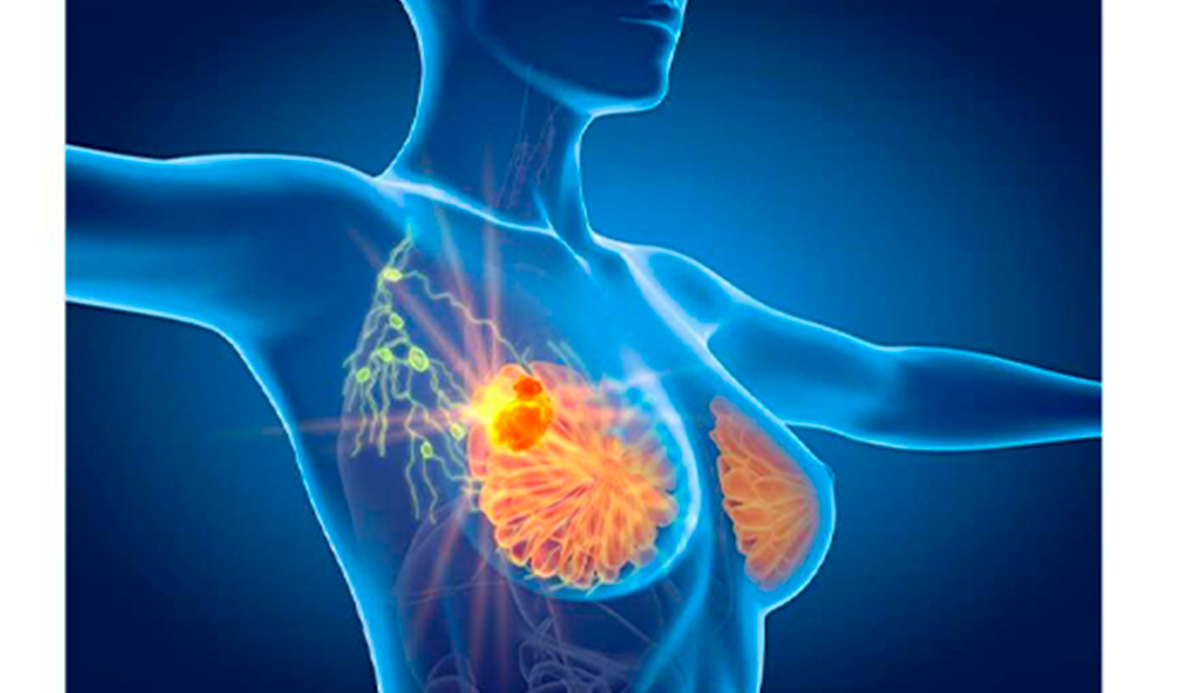
- Stage of development
-
Pre-clinical oral administration in vivo studies ongoing
- Intellectual property
-
European priority patent application filed
- Intended collaboration
-
Licencia y/o codesarrollo
- Contact
-
Isabel MasipVice-presidency for Innovation and Transferisabel.masip@csic.escomercializacion@csic.es
- Reference
-
CSIC/IM/079
Additional information
#Health
#Therapy
#Peptide / Protein
#Oncology
Mactide-V, a peptide-drug-conjugate for efficient treatment of triple-negative breast cancer
Effective triple-negative breast cancer treatment based on the modulation of the phenotype of CD206+ tumor associated macrophages by means of a novel peptide-drug-conjugate (PDC) which is able to slow tumor progression and supress lung metastasis.
- Market need
-
Triple-negative breast cancer (TNBC) represents 10 to 15% of overall breast cancers. It is usually aggressive, harder to treat, more likely to recur and more metastatic than other breast cancers. Moreover, there is no current effective therapy for metastatic breast cancer, thus requiring development of new chemo and immunotherapeutic agents.
To this end, PDCs are becoming popular due to their selectivity and high penetration in solid tumors but sparing non-cancerous cells. In addtion, tumor-associated macrophage (TAM) reprogramming is envisaged as an alternative approach, alleviating potential side effects and promoting stronger tumor rejection.
Así, los PDC son objeto de estudio debido a su selectividad y alta penetración en tumores sólidos, sin afectar las células no cancerosas. Además, la reprogramación de macrófagos asociados a tumores (TAM) se considera un enofque alternativo, reduciendo efectos secundarios y reforzando el rechazo tumoral.
- Proposed solution
-
MACTIDE, a new CD206-binding peptide, presents a very high receptor affinity and proteolytic stability, selectively targets tumoral tissue by targeting CD206+ TAM , and can be orally administered.
The peptide-drug conjugate (PDC) with Verteporfin, MACTIDE-V, is able to modulate CD206+ TAM and reprogram them to an anti-tumoral and anti-metastatic phenotype, associated to a therapeutic benefit.
In vivo MACTIDE-V efficacy has been validated in an orthotopic 4T1 and 4T1.2 triple-negative breast cancer mouse models (i.p, 1mg/kg, 9 inj., 28 days).
- Competitive advantages
-
- MACTIDE-V immunotherapy can modelate macrophage function in breast cancer and activate cytotoxic lymphocytes and NK cells.
- MACTIDE-V action significantly reduces tumor volumes and presents a strong anti-metastatic effect in lung (~100%) in TNBC models.
- MACTIDE, linked to a detectable agent, could potentially be used to target lymph nodes for diagnosis even before the tumor occurrence.